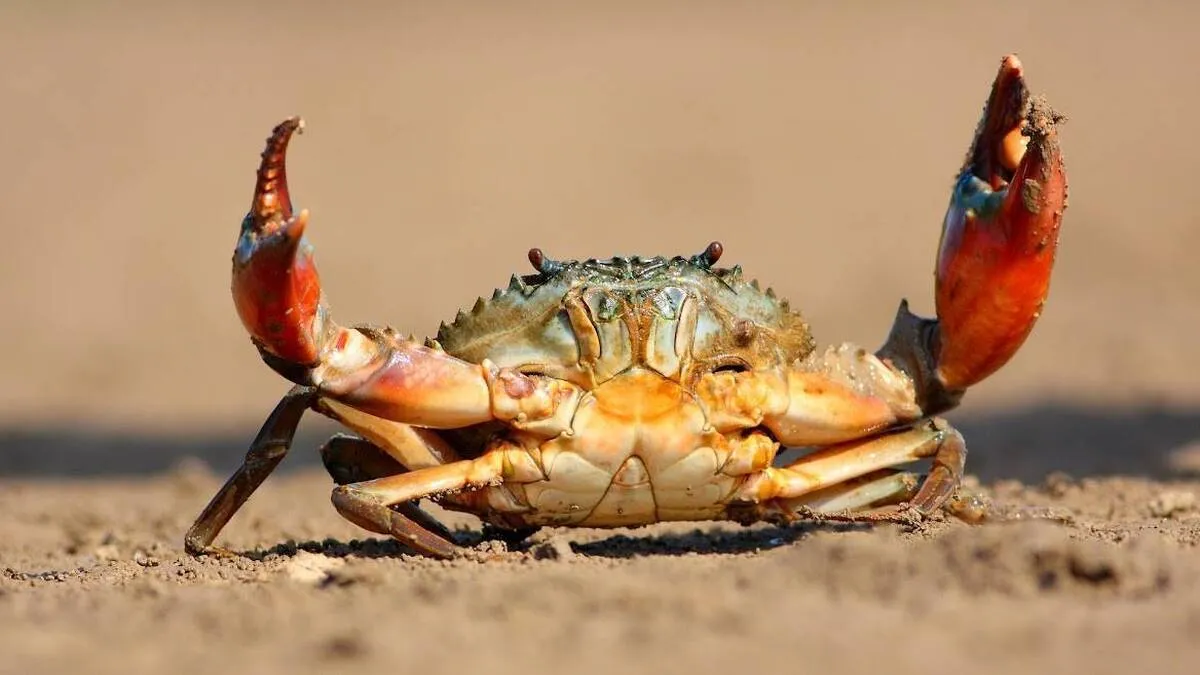Billions of Crabs Suddenly Vanish in U.S. Alaska Likely Due to Climate Change

Scientists said that rapid "borealization," the shift from Arctic to sub-Arctic ecosystem conditions, is 98 percent likely to have been human-induced. The results were disastrous: roughly 10 billion crabs vanished between 2018 and 2021 and the industry went from a value of 227 million U.S. dollars to nothing.
A heatwave in the Bering Sea's waters may have sped up the crabs' metabolism, and with not enough food source for them to compensate, they starved to death, researchers said in a previous study.
"Even more concerning is that Arctic conditions conducive for snow crabs to retain their dominant role in the southeastern Bering Sea are expected to continue to decline in the future," Mike Litzow, lead author of the study and director of the Alaska Fisheries Science Center's Kodiak Lab, was quoted by USA Today as saying.
Between 2018 and 2021, there was an unexpected 92 percent decline in snow crab abundance, or about 10 billion crabs. The crabs had been plentiful in the years prior, puzzling scientists and crabbers alike, said the report.
A rapid warming of water temperatures and loss of sea ice from 2018 to 2019 made conditions less favorable to the crabs' survival. The increased temperatures themselves didn't seem to put too much stress on the crabs. But the impact on their metabolism caused their caloric demands to increase, and there wasn't enough available prey, it noted.
4155/v





















